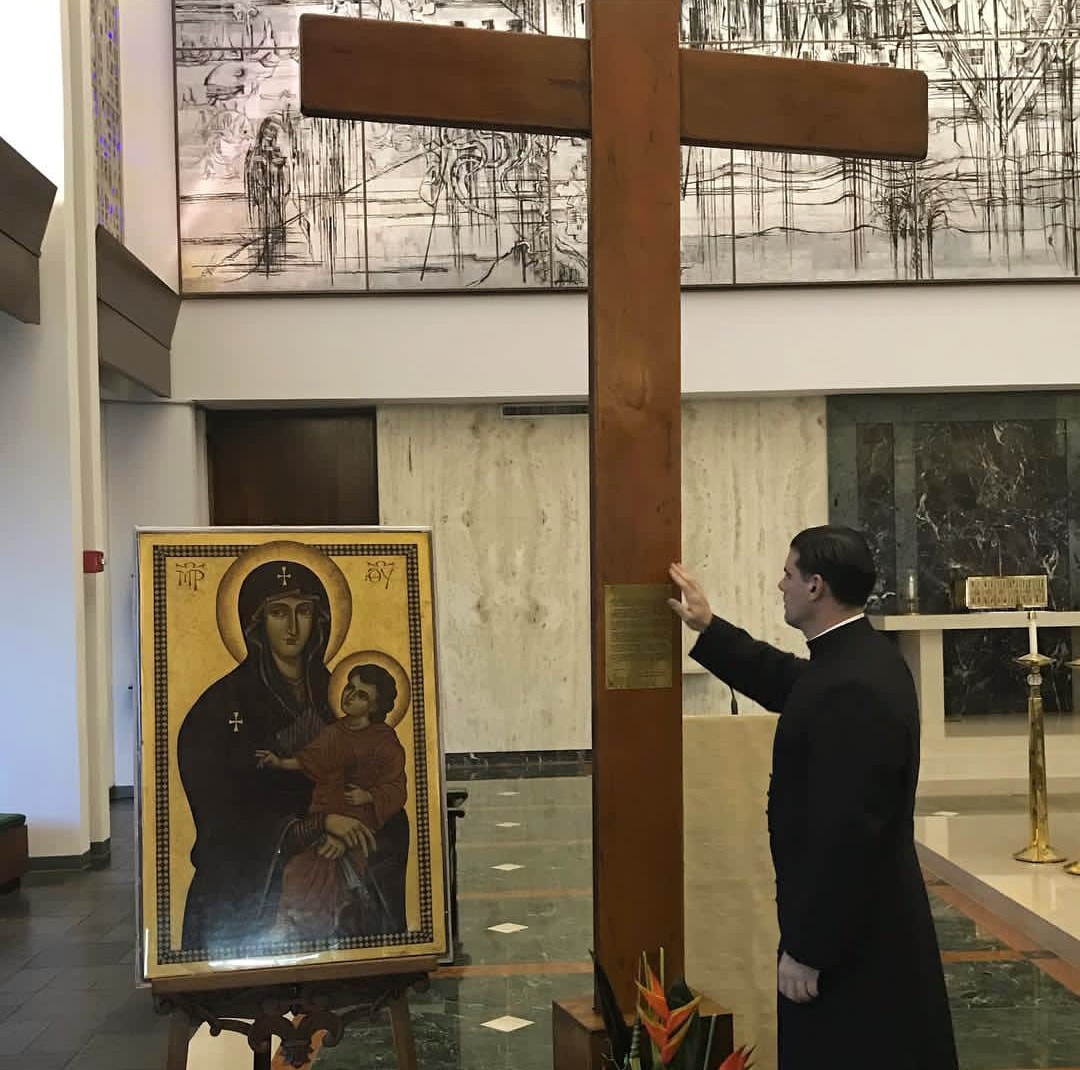
David Livingston was a pioneer missionary in evangelising the continent of Africa. He was born on March 19, 1813. It was a rather difficult choice for him to be a missionary in Africa. Many doubted the sincerity of his intentions. Added to that were the challenges put forward by the nuances of varied cultures, the perils of climatic conditions, etc. Amidst the criticism raised against him, he opined: “As for me, I am determined to open up Africa or perish. The end of the exploration is the beginning of the enterprise. He was not ready to give up on the mission entrusted to him by Jesus, though he was tested by varied challenges and difficulties. Recalling those moments, he said: “For my own part, I have never ceased to rejoice that God has appointed me to such an office. People talk of the sacrifice I have made by spending so much of my life in Africa. Is that a sacrifice that brings its own blest reward in healthful activity-the consciousness of doing good, peace of mind, and a bright hope of a glorious destiny hereafter? Away with the word in such a view and with such a thought! It is emphatically no sacrifice. Say, rather, that it is a privilege. Anxiety, sickness, suffering, or danger, now and then, with a foregoing of the common conveniences and charities of this life, may make us pause and cause the spirit to waver and the soul to sink, but let this only be for a moment. All these are nothing when compared with the glory that shall be revealed in and for us. I never made a sacrifice. He died in 1873, and once he wrote in his journal on his 59th birthday, which testifies to his passion for Christ: “My birthday! My Jesus, my King, my life, my all, I again dedicate my whole self to Thee.”
We are living in a world where materialistic lifestyles have strong roots. Everything that we can do has the sole intention of making one’s life happier and more comfortable. The prosperity gospel has wide acceptance, and people follow Christ with the intention of making their own lives comfortable. The path of Christianity is not merely comfort-seeking. In today’s gospel, we see Jesus making his first passion prediction. Immediately, Peter rebukes Jesus, telling him that it should not happen to him. Peter’s response was quite natural. Even if we come across someone speaking about a tragedy that may happen to that person in the future, we too may wish that it not happen to that person and that that person enjoy God’s protection and good health. However, Jesus’ response was strange. He says to Peter, Get behind me, Satan. We see in the same passage that Jesus praised Peter just before this episode, telling him, you are a rock, and on this rock I will build my church. Jesus kept him on a high pedestal through his words. But now we see Jesus using strong words to correct Peter, such as, “For you are not setting your mind on the things of God, but on the things of man. Jesus makes it clear that if anyone wants to follow him, he or she must embrace the life of self-denial and carry one’s own cross.
It would have been very hard for Peter and all the other disciples to accept. Jesus agreed to Peter’s profession that he was the Messiah and the Son of God. If so, how could it be said that he had to undergo crucifixion and death? The punishment of crucifixion was exclusively deserved by hardcore criminals and mutineers against the Roman empire. When Jesus was caught by the soldiers of Gethsemane, all the disciples ran for their lives because, at that juncture, all their dreams concerning the Dravidic Messiah were shattered. Anyhow, Jesus was never ready to compromise the will of His Father. He wholeheartedly accepted His Father’s will that he had to offer himself as a sacrifice on Calvary. Therefore, he carries his cross without escaping from it. Jesus asks the same attitude from his followers. We can’t be his disciples if we are unwilling to carry our cross. Christianity is a way of life. Jesus is our sole model for how to be an obedient son or daughter of our Abba Father. Human existence is marked by hardships and challenges—the so-called crosses of our lives. Following Christ is not a short cut to escape or bypass one’s own cross. Rather, it is a path that assures us grace to carry our daily crosses and follow the Lord. Thus we become obedient children to our Abba Father, like Jesus.